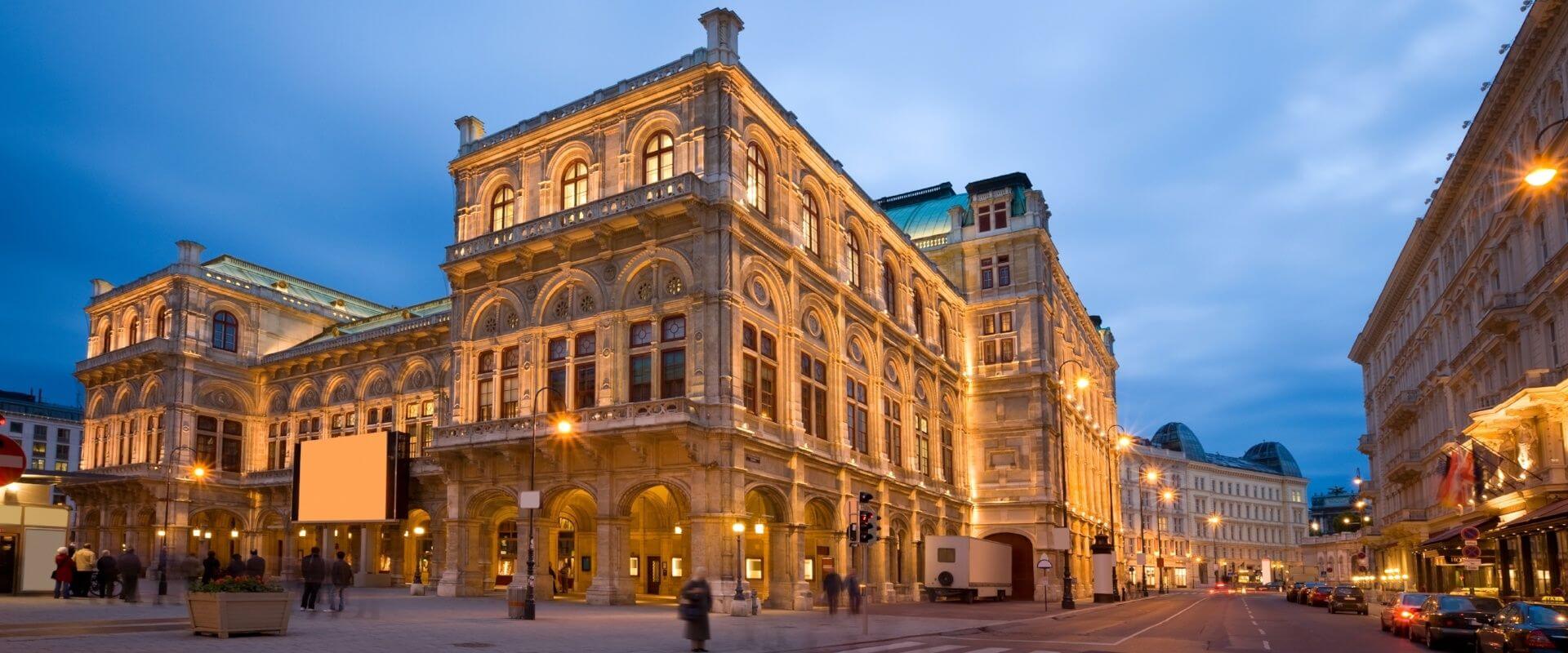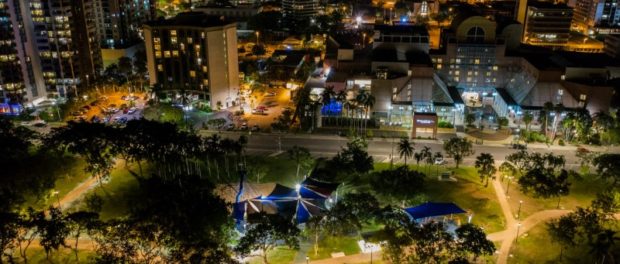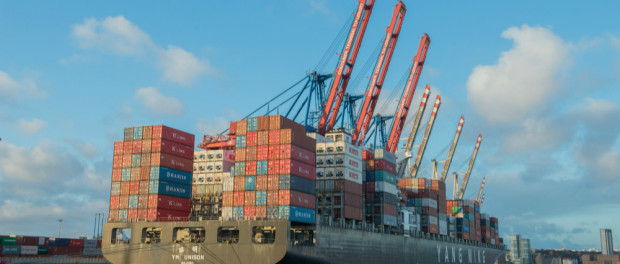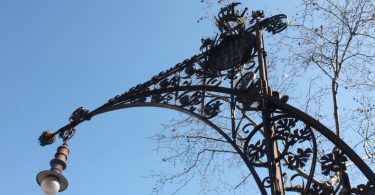
Resource efficiency and the climate crisis are key issues Vienna is tackling with its innovative Smart City strategy.
Vienna has long been working on sustainable urban development, resulting in Vienna being voted the world’s most livable city by Mercer for the tenth time in a row in 2019, was placed first in the “Global Liveability Index” of the “Economist Intelligence Unit” in 2018 and 2019. Vienna also ranks first in consulting firm Roland Bergers Smart City Strategy Index.
Vienna’s updated Smart City Vienna framework strategy was first adopted by the City Council in 2014, and was updated in 2019, and will be fully implemented by 2050. Vienna has identified key environmental targets in its strategy, including plans to the generation of renewable energy in the metropolitan area, cut CO2 transport emissions by 50 percent by 2030 and by 100 percent by 2050. Its also plans , to maintain the proportion of green space of more than 50 percent in the metropolitan area by 2050.
The latest completed Smart City project is the conversion of Vienna’s main water treatment plant (ebswien) into an eco-power plant that produces more energy than it actually consumes through the use of modern technologies. Thanks to a new sludge treatment plant, the urban wastewaters are now cleaned with energy self-sufficiency, the CO2 emissions reduced by 40,000 tons annually, and clean electricity and clean heat are generated.
Vienna operates one of the biggest district heating networks in Europe. More than 400,000 homes – around one third of all households in Vienna – and more than 6,800 large customers are supplied with environmentally friendly heat by the company Wien Energie.
Interestingly, the same energy sources (from all waste heat from industry, cogeneration plants, or waste incineration), which supply Vienna with heat and hot water all year round, can also generate district cooling. Compared to conventional air conditioning systems, the generation of central cooling needs four to ten times less primary energy, saves space, is quiet and visually inconspicuous: that makes it a smart cooling solution. The demand for district cooling is particularly high in Viennas city center. Already a district cooling network that can supply hospitals, public buildings, and hotels, is being constructed along the Ringstrasse boulevard, whilst in the future there are plans to roll this out to households.
Learn more about what makes Vienna a Smart City.
View the Vienna Smart City Framework 2019-2050.



